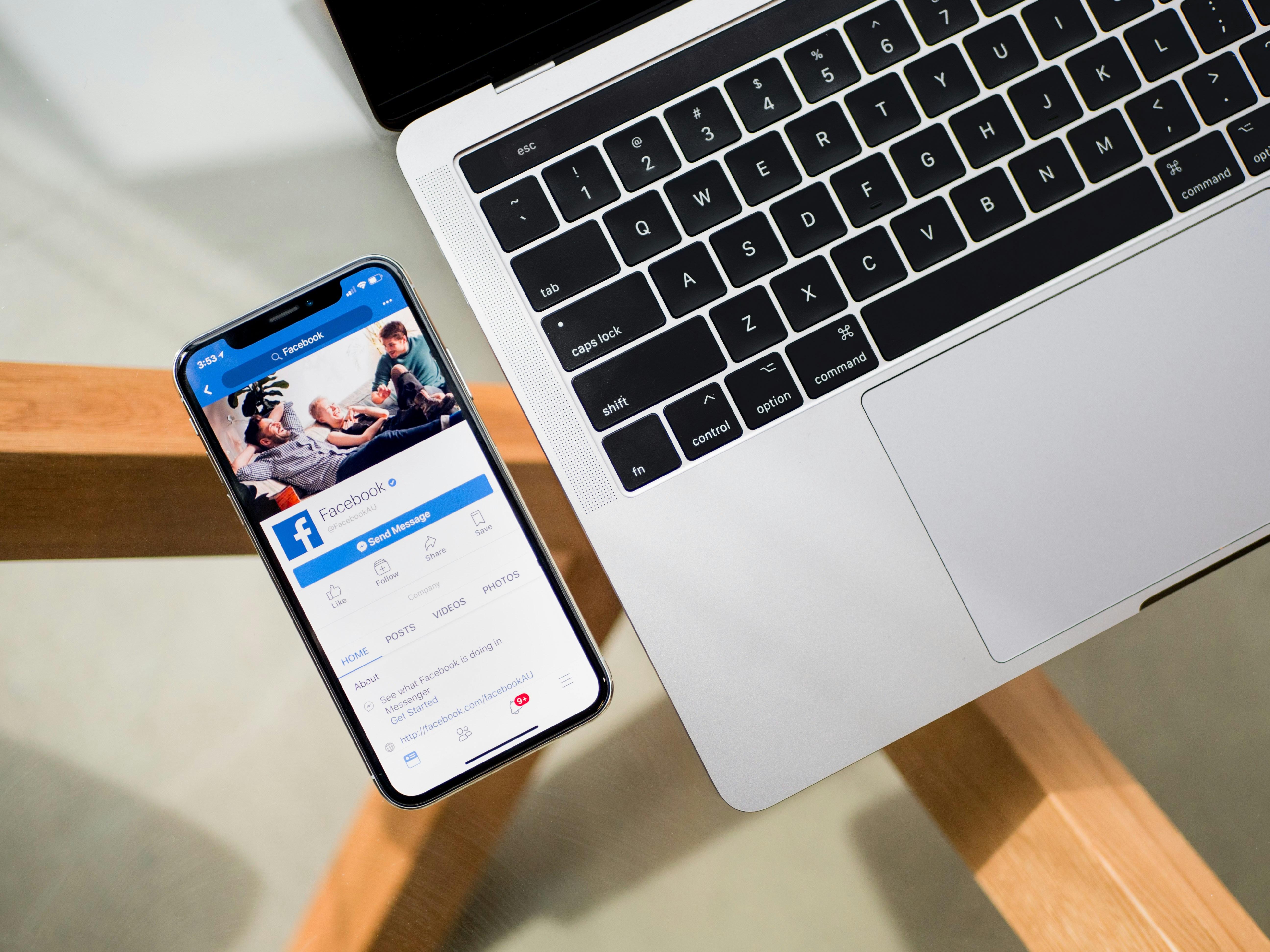In the digital age, where swipes and clicks have replaced chance encounters and handwritten notes, dating apps have revolutionized the way we seek connection. These platforms promise convenience and a seemingly endless array of potential partners, yet beneath the surface lies a complex tapestry of behaviors and patterns. As we navigate this virtual landscape, a pressing question emerges: do dating apps inadvertently nurture unhealthy dating habits? This article delves into the intricacies of digital romance, exploring whether the algorithms and interfaces designed to bring us closer might also be steering us into uncharted and potentially perilous emotional territories.
Navigating the Swipe Culture: Unpacking the Impact on Modern Relationships
In the fast-paced world of dating apps, the swipe culture has become a double-edged sword. On one hand, it offers unparalleled access to a vast pool of potential partners, breaking down geographical and social barriers. However, this convenience often comes with a cost, subtly encouraging certain patterns that may undermine meaningful connections. The rapid succession of choices can foster a disposable mindset, where potential matches are judged at face value and discarded with a simple flick of the finger.
Moreover, the gamification of dating can lead to superficial engagements, emphasizing quantity over quality. Users may find themselves caught in cycles of endless swiping, driven by the allure of the next match rather than genuine interest. This behavior can manifest in several ways:
- Instant Gratification: The immediate nature of swiping can make patience and long-term commitment feel outdated.
- Reduced Accountability: Anonymity and distance can result in ghosting and flaky behavior, diminishing the sense of responsibility towards others.
- Perpetual Searching: With an ever-present pool of options, the search for a “better” match can become a never-ending quest.
As we navigate this new landscape, understanding these dynamics is crucial to cultivating healthier, more intentional relationships.

Ghosting, Breadcrumbing, and Beyond: The New Norms of Digital Dating
- Ghosting: A term that has become all too familiar, ghosting is the act of suddenly cutting off all communication with someone without explanation. This behavior is facilitated by the ease of digital interactions, where disappearing is just a click away. The lack of accountability in virtual spaces allows individuals to avoid confrontation, leading to emotional distress for those left in the dark.
- Breadcrumbing: This involves sending sporadic, non-committal messages to keep someone interested without any intention of pursuing a meaningful relationship. It’s a behavior that thrives in the world of dating apps, where the illusion of endless options can lead to half-hearted engagements, leaving the other person confused and longing for more.
These patterns highlight a shift in dating norms, where emotional connections can be easily undermined by the fleeting nature of digital communication. The architecture of dating apps, designed to maximize engagement and keep users swiping, often encourages these behaviors. While they offer unprecedented access to potential partners, they also create an environment where emotional detachment can become a default setting, impacting how relationships are initiated and maintained.

Decoding Digital Love: Psychological Effects of App-Based Romance
In the digital age, dating apps have transformed the landscape of romance, yet they often echo familiar patterns that can be detrimental. Swipe culture encourages rapid judgments based on superficial traits, potentially reinforcing a cycle of fleeting connections. Users might find themselves caught in a loop of endless options, fostering a mindset where commitment becomes elusive. This environment can lead to unrealistic expectations and a focus on immediate gratification rather than meaningful relationships.
- Instant Validation: The constant search for matches can lead to a dependency on external approval.
- Paradox of Choice: An abundance of options can create anxiety and dissatisfaction.
- Emotional Detachment: Quick interactions might prioritize convenience over genuine connection.
While these platforms offer unprecedented access to potential partners, the psychological implications highlight the importance of mindful usage. Balancing digital interactions with authentic, offline experiences can mitigate some of the negative effects associated with app-based dating.

Building Healthier Connections: Strategies for Mindful App Usage
In a world where swipes and likes often dictate our romantic engagements, it’s essential to cultivate a mindful approach to app usage. Here are some strategies to help foster healthier connections:
- Set Clear Intentions: Before diving into the digital dating pool, define what you’re truly looking for. Are you seeking a serious relationship or casual encounters? Clarity can prevent misunderstandings and mismatched expectations.
- Practice Digital Detox: Schedule regular breaks from dating apps to reconnect with yourself and reflect on your experiences. This can prevent burnout and keep your intentions aligned.
- Engage Authentically: Be genuine in your interactions. Authenticity attracts like-minded individuals and fosters meaningful connections.
- Limit Screen Time: Set boundaries for how much time you spend on apps daily. This can help maintain a balanced lifestyle and prevent digital fatigue.
By implementing these mindful strategies, you can navigate the world of online dating with greater awareness and intention, ultimately fostering healthier and more fulfilling connections.




